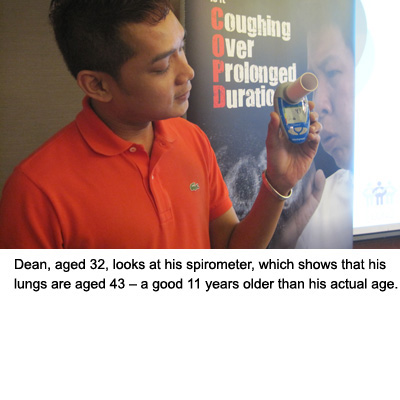
She said: “We have just diagnosed a case this week, the first ever recorded case north of Glasgow. it is possible that the infection was brought here by a dog that travelled up from the south and has spread worm larvae in our area and subsequently passed the infection onto the dog that we have diagnosed. it is the ingestion of slugs and snails that cause this disease and we would strongly ask dog owners to take the following advice.”
Soggy weather conditions have provided an ideal environment for a huge increase in the UK’s populations of slugs and snails, and this could pose a serious risk to dogs that accidentally or habitually eat these slippery pests, according to the vet.
And the disease can be difficult to diagnose because of the wide range of symptoms.
The lungworm parasite spends part of its lifecycle in slugs, snails or even frogs. the danger to dogs arises when small slugs or snails are either purposefully or accidentally eaten while rummaging through undergrowth, eating grass, or taken up when drinking from puddles or an outdoor water bowl.
Anne said: “The symptoms of the condition are many and varied. you might notice coughing, reluctance to exercise, depression, weight loss, fits, vomiting, diarrhoea, weakness and paralysis, or persistent bleeding from minor cuts. However, a small proportion of dogs are hidden carriers, which means they don’t show any symptoms.”
Owners who notice any of these symptoms or whose dogs might eat slugs or snails should contact their local veterinary practice for an immediate consultation. the sooner the disease is spotted, the easier it is to treat and the more likely the dog will go on to make a full recovery.
The disease is not prevented by using conventional worming tablets every three months, or even every month. However, treatment is relatively simple and a prescription-only spot-on product can be obtained from your vet.